In order to carry out his mission to reform the Church, the Italian Jesuit Father Riccardo Lombardi (1908-1979), tried to mobilize the crowds by preaching in the squares and on the radio. Forty years after his death on September 9th, 2019 in Rome, a conference was held to rediscover this charismatic figure who also played an important role in the history of the Focolare.
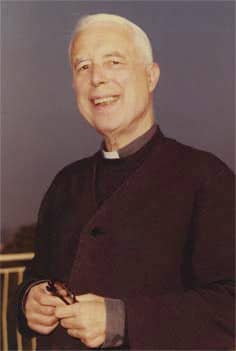 The greatness and – we could even dare to say – the holiness of charismatic figures can be verified when God puts them to the test by taking away their health, their inspiration or even the work they founded. This gospel logic can be clearly seen in the life of Father Riccardo Lombardi, an Italian Jesuit, a great preacher and founder of the Movement for a Better World. This was highlighted by a conference in Rome organized by his Movement, 40 years after his death, in collaboration with the Focolare and the Community of Sant’Egidio.
The greatness and – we could even dare to say – the holiness of charismatic figures can be verified when God puts them to the test by taking away their health, their inspiration or even the work they founded. This gospel logic can be clearly seen in the life of Father Riccardo Lombardi, an Italian Jesuit, a great preacher and founder of the Movement for a Better World. This was highlighted by a conference in Rome organized by his Movement, 40 years after his death, in collaboration with the Focolare and the Community of Sant’Egidio.
Faced with the power of self-destruction achieved by man and in the rubble at the end of the Second World War, Lombardi became a preacher of universal fraternity in the squares and on the radio, an activity for which they called him “God’s microphone”. After a famous exhortation that Pope Pius XII addressed to the Diocese of Rome in 1952, Father Lombardi wanted to create a group of people who would renew the Church according to a spirituality of communion. Andrea Riccardi, historian and founder of the Community of Sant’Egidio, stressed during the conference that Lombardi did and said what Pope Pius XII could not say and do publicly and thus also became the “microphone of the Pope”, to whom Lombardi was particularly attached.
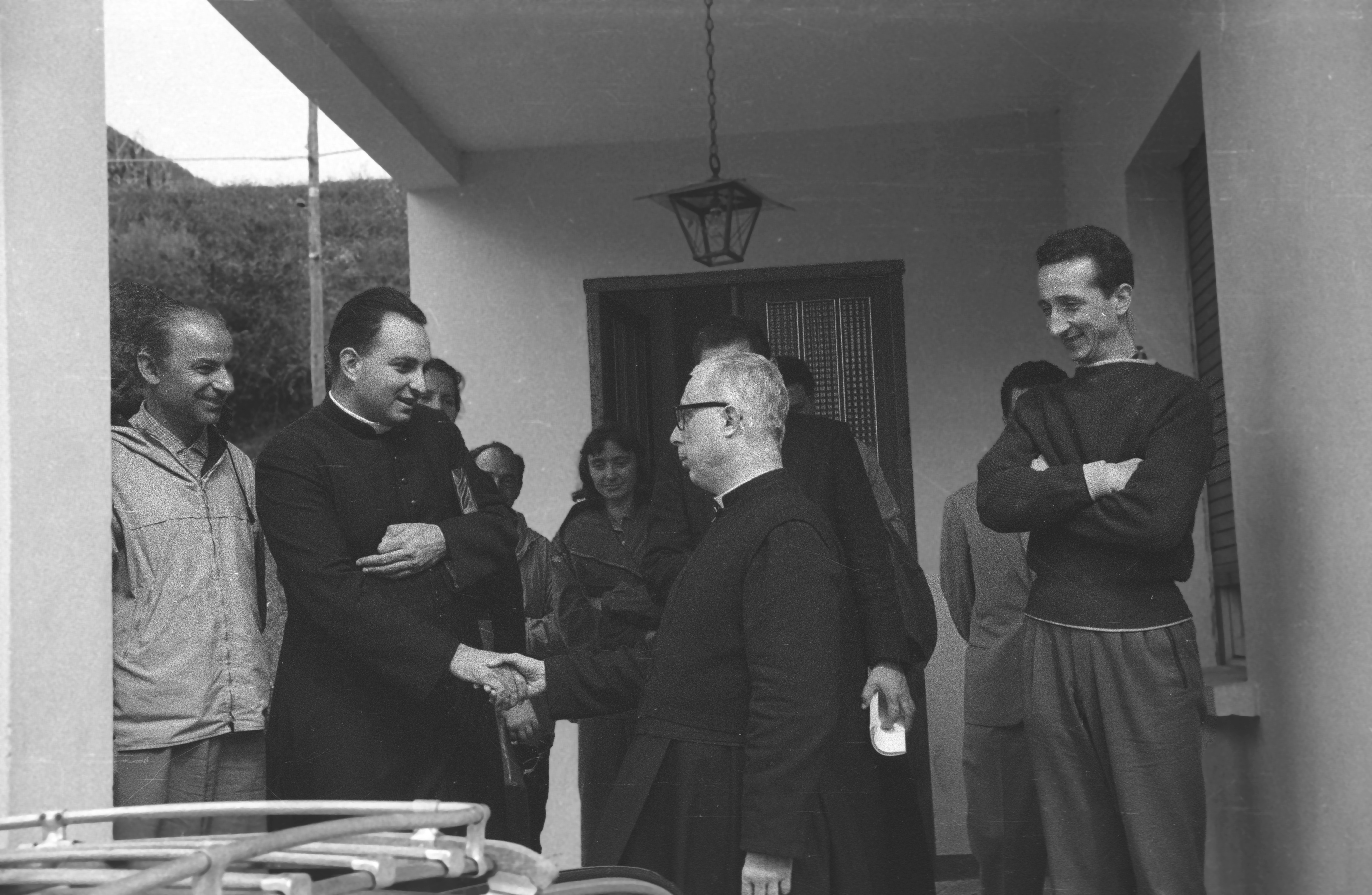
But with the death of Pius XII and the new pontificate of John XXIII the “dark night” of Father Lombardi began. His style as a preacher to the masses was now no longer compatible with the Church’s vision of the new Pope and Vatican II. Lombardi felt marginalized, a failure and suffered from moments of deep depression. In this period – as the President of the Focolare, Maria Voce, said -he went back to the idea of converging his work with that of the Focolare that he had known in the Mariapolis of 1956 and 1957. But Chiara Lubich, founder of the Focolare, with whom Lombardi had a close relationship, did not accept that Lombardi should “destroy” his work, because she saw it as a work of God.
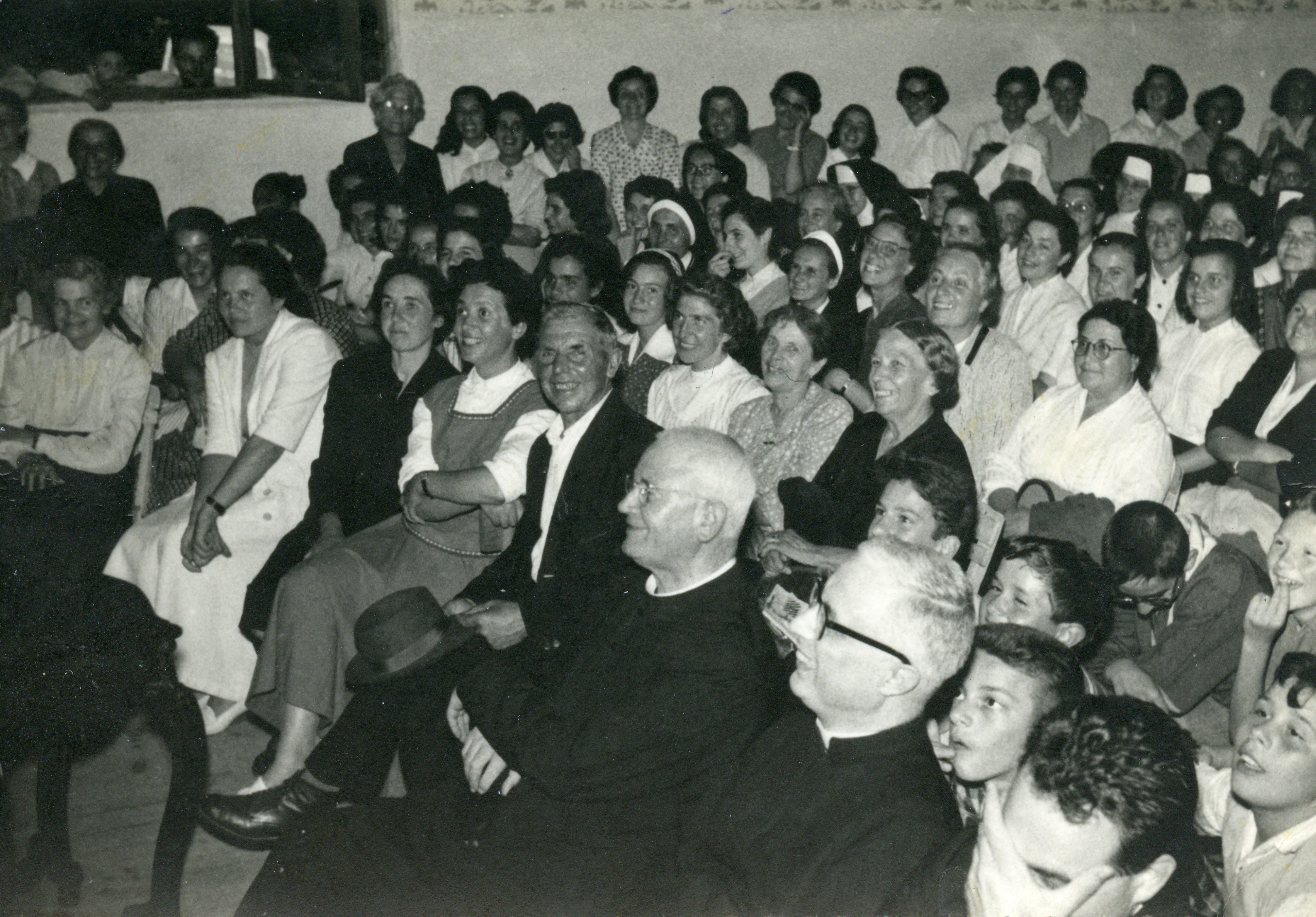
Was this perhaps a reward from the Holy Spirit for the contribution that Father Lombardi himself had made a few years earlier to save the work of Chiara Lubich? In the 1950s, when Chiara lived the “dark night”, when her work was under the study of the Holy Office and risked several times being dissolved by the Church, Chiara was ready to leave her work to obey the Church. And one of the options was to merge with the Movement for a Better World. The prospect of a collaboration between the two works under the guidance of Fr. Lombardi probably stopped the total dissolution of the Focolare.
In her speech Maria Voce stressed the relevance of the spiritual friendship between Fr. Lombardi and Chiara Lubich: “Chiara had invited him to build a relationship that would model itself on the Trinity ‘in giving and receiving’ the divine gift which the Lordhad given to each one. This made their communion reach the point of becoming a gift to the other and even at the cost of offering what each of them, by God’s will, had generated… The dialogue between these two charisms remains a seed for the flowering of an ever deeper communion between the various ecclesial realities, which God expects from us in our world so torn apart by division”.
Joachim Schwind


 Italiano
Italiano Español
Español Français
Français Português
Português

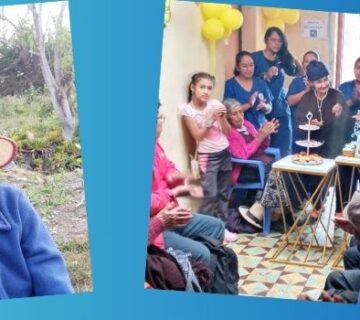
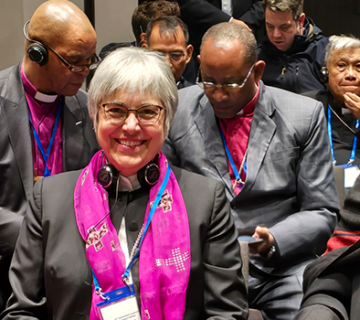

It is very useful for me as I am a member of Indian PG belong to Kuzlithurai diocesan team.